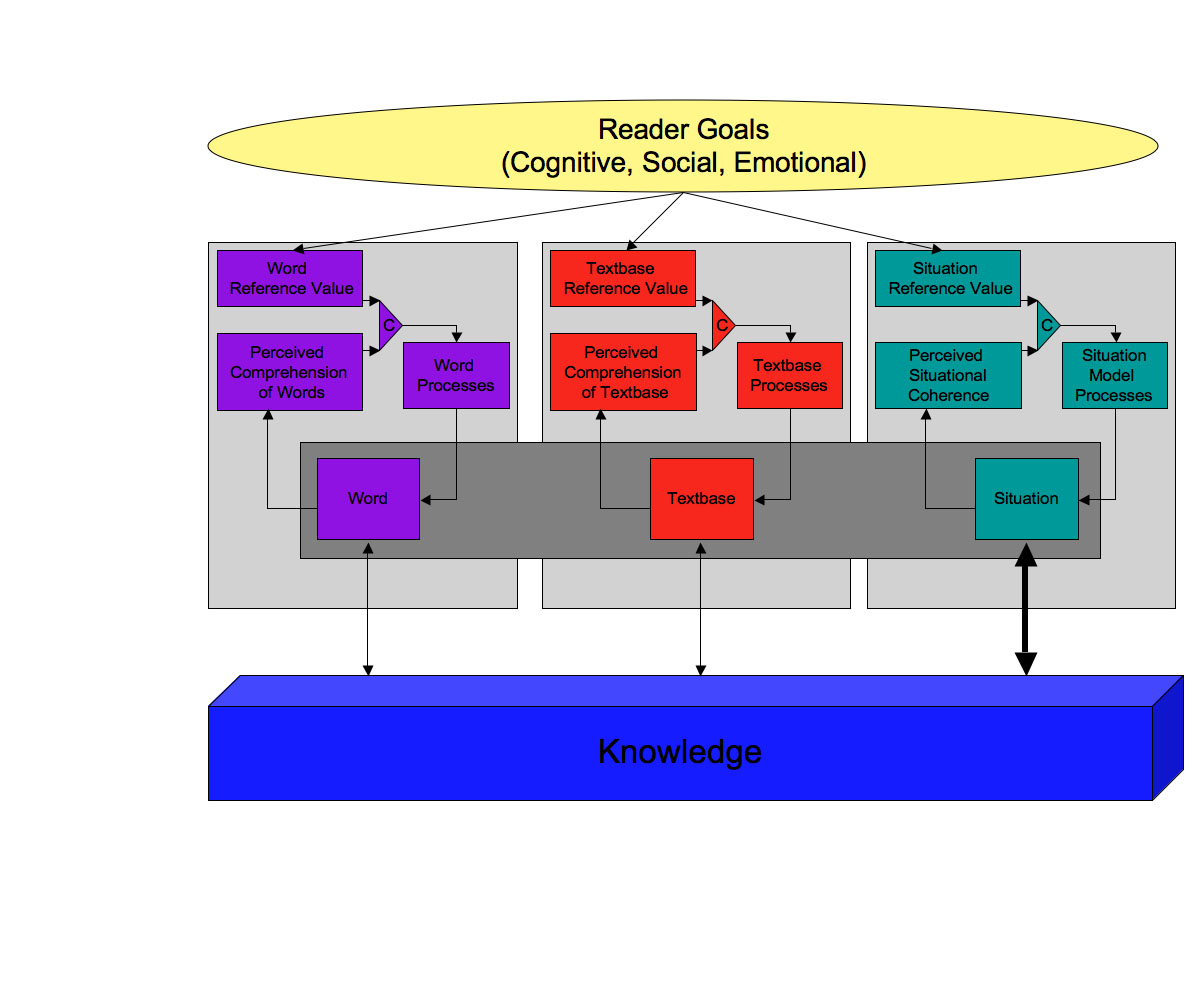Elizabeth A. L. Stine-Morrow
 AGING AND PROCESS-KNOWLEDGE INTERACTIONS IN UNDERSTANDING TEXT
AGING AND PROCESS-KNOWLEDGE INTERACTIONS IN UNDERSTANDING TEXT
In our literate culture, the ability to grasp written language is a critical skill throughout the adult lifespan. Reading is a primary avenue for acquiring new knowledge, attaining certain experiential and emotional benefits, and maintaining social ties. How adult age differences affect this skill and the mental representation created during comprehension are the subject of Professor Stine-Morrow’s research project.
In her first experiment, she will measure the eye movements of younger and older readers as they encounter texts that are inconsistent with what they know or with what they have just read. She expects that when readers recognize either kind of inconsistency, they will spend longer on the target sentence and be more likely to look back at the set-up paragraph to try to resolve the inconsistency. To the extent that a reader might fail to create a durable mental representation early in the text (as might be expected for older readers encoding text-based facts that are not integral to the situation described by the text), he or she would not notice the inconsistency. When the target and set-up are near each other, Professor Stine-Morrow expects the results will be similar for both younger and older readers; but that in cases of situational inconsistency, with the target and set-up spaced far apart, older readers will show longer reading times and more backtracking than they do for textual inconsistency, in comparison with younger readers.
The differences have to do with dynamic change in two areas affecting adult cognition. Whereas mental mechanics (i.e., the ability to quickly transform information and effectively control attention in response to changing demands) decline through adulthood, crystallized abilities such as vocabulary and knowledge increase as a consequence of experience.
A second experiment, again with younger and older readers, will introduce various text modifications to examine age differences in the representational format constructed at reading. Results from these two experiments should increase our understanding of how the process-knowledge interaction in reading changes with adult development.
